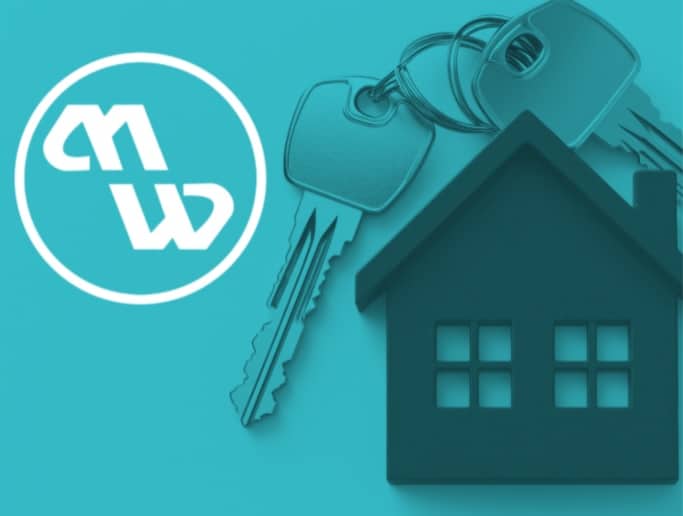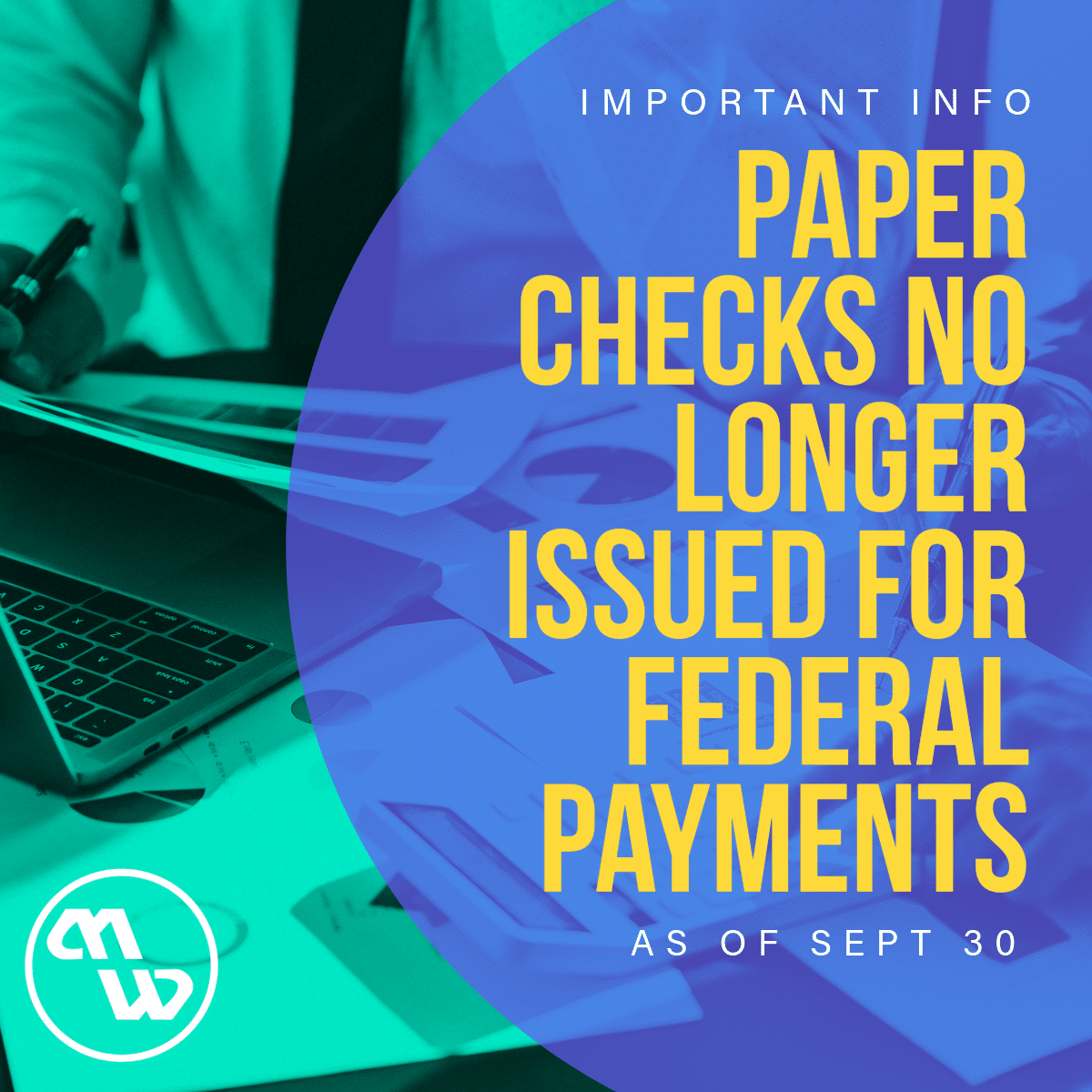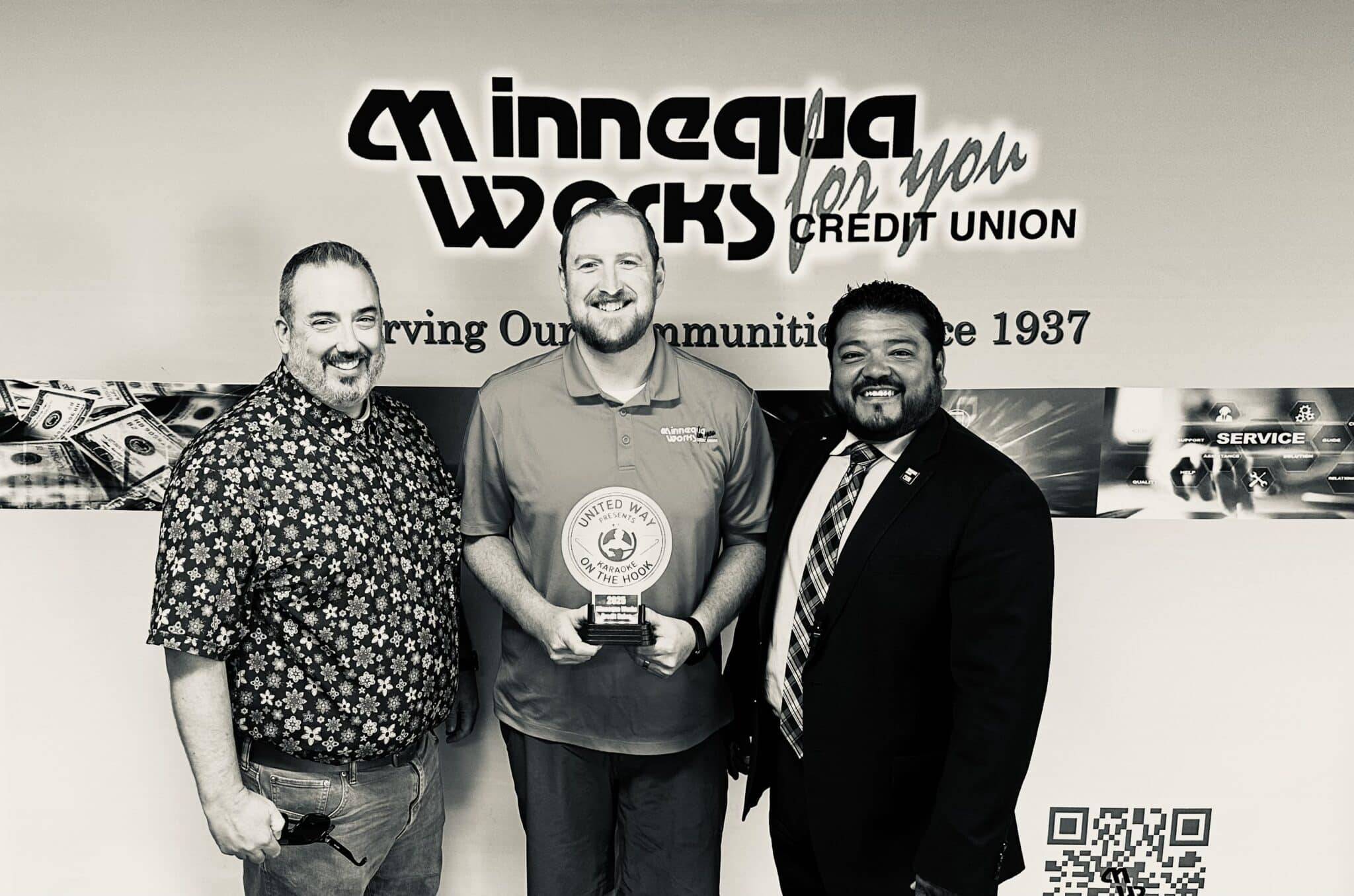Purchasing your first home is a huge and exciting milestone in your life, but one that can be very overwhelming when you don’t know where to start or what to expect. Not only is buying a home a huge financial investment, it’s also a huge life investment. At Minnequa Works Credit Union, we work to educate and empower our members through every journey they embark on.
This article will break down the process of purchasing your first home with steps to be taken, options to consider, and what to expect during this new journey.

When & Where to Start
When preparing to purchase your first home, you can never start too early! One of the biggest myths about buying a home is that you only need to get serious once you have found the home for you. Being prepared ahead of time is what helps you find the perfect place to call home and allows you to be competitive in the market. Here are the best places to start when preparing to purchase your first home.
1. Pre-Qualification. Meeting with a lender and getting pre-qualified will ensure that you are looking at homes within your price range. If you begin looking at homes before getting pre-qualified, you risk looking at homes outside your price range causing you to get your hopes up. Additionally, this qualification will show realtors you are serious about buying a home.
2. Choose a Realtor to Work With. After getting pre-qualified with a lender, you are ready to choose a realtor and begin looking at homes in your price range. A realtor can assist in finding homes that meet your personal and financial wants and needs.
3. Save for a Down Payment & Closing Costs. No matter the home mortgage you choose to use when buying a home, there will be additional costs to be paid. Although a down payment is only a percentage of the home purchase price, it can still be a significant amount of money. Closing costs vary among lenders but are standard with any real estate transaction. Each of these costs should be saved for this significant purchase, and you can never start too early.
What Are the Differences Among Home Loans & Why Does it Matter?
Unless you purchase a home with cash, you will have a mortgage which is why it’s so important to understand what that entails. When choosing the loan option that’s best for you, it’s important to take your personal circumstances into account. There are a few different loan options to consider when buying your first home.
1. FHA Loan. These loans are backed by the Federal Housing Administration and tend to be popular among first-time home buyers. FHA loans require down payments as low as 3.5% and only require a credit score in the 500s. When paying a down payment lower than 20% with an FHA loan, mortgage insurance is required, which will increase monthly payments.
2. Conventional Loan. These loans are not backed by any government agency and are available to strong financial buyers. Conventional loans usually require a credit score of 620 or higher and require a down payment of 3%-5%*. If the down payment is lower than 20% with a conventional loan, mortgage insurance is required, increasing the monthly payments.
3. VA Loan. These loans are backed by the U.S. Department of Veterans Affairs and available to eligible veterans and military service members who have a credit score of 620 (varies with lenders). VA loans offer many benefits including no down payment, no mortgage insurance, and competitive interest rates.
What Documents Will I Need to Apply for a Mortgage?
Applying for a mortgage is no small task, so it’s important to have all required documents prepared and organized to do so. Here are the basic documents you’ll need when applying for a mortgage.
– Valid ID for all parties involved.
– Current year-to-date paystub.
– All income sources, including social security and retirement if applicable.
– Previous 2 years of federal and state taxes.
– Previous 2 months of bank statements from all accounts.
Advice to Remember
Just because you can, doesn’t mean you should! Look at homes in your price range to be realistic about your future.
Take advantage of resources and assistance that’s available to you! There are classes available to first-time home buyers that may offer down payment assistance.
After getting pre-qualified, don’t open any lines of credit! Your debt-to-income ratio will be too high, and you will no longer be approved at closing.
Have an emergency fund in place! You’re responsible for managing the upkeep of your home, which may come with additional costs.
At Minnequa Works Credit Union, our members’ financial goals and success are our priority. Let’s get you into your first home – together! If you’re ready to take the next step toward purchasing your first home, contact our team today!
*This article is for educational purposes only. Additional underwriting, requirements, and application factors may apply for each given scenario. Minnequa Works Credit Union is an Equal Housing Lender, Insured by NCUA





